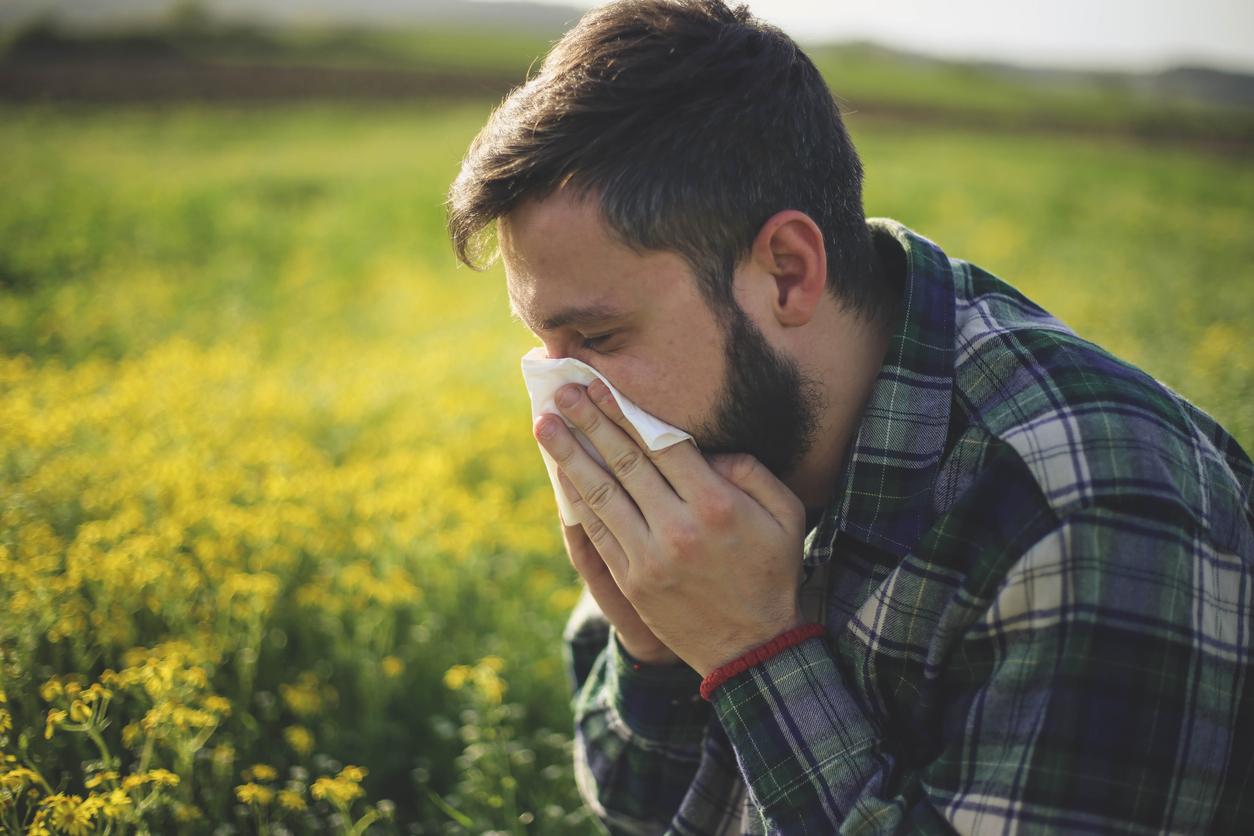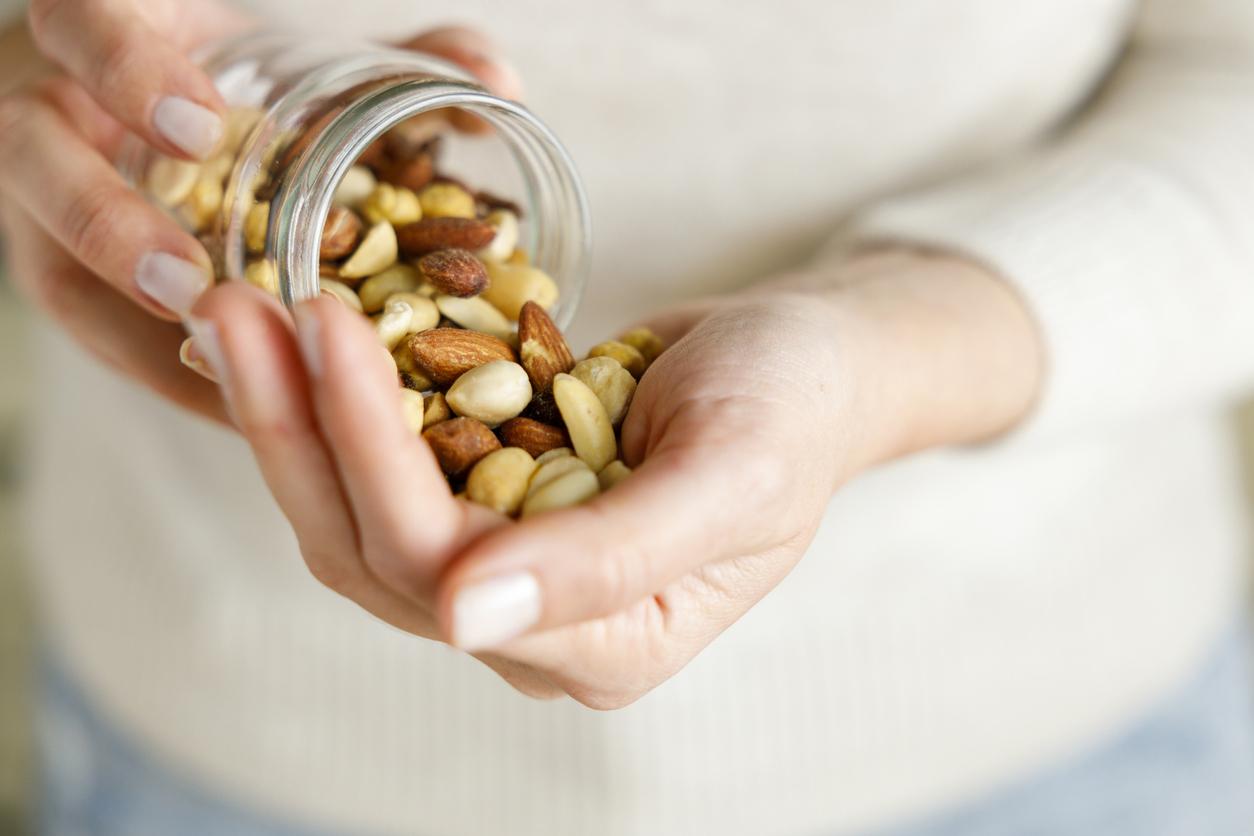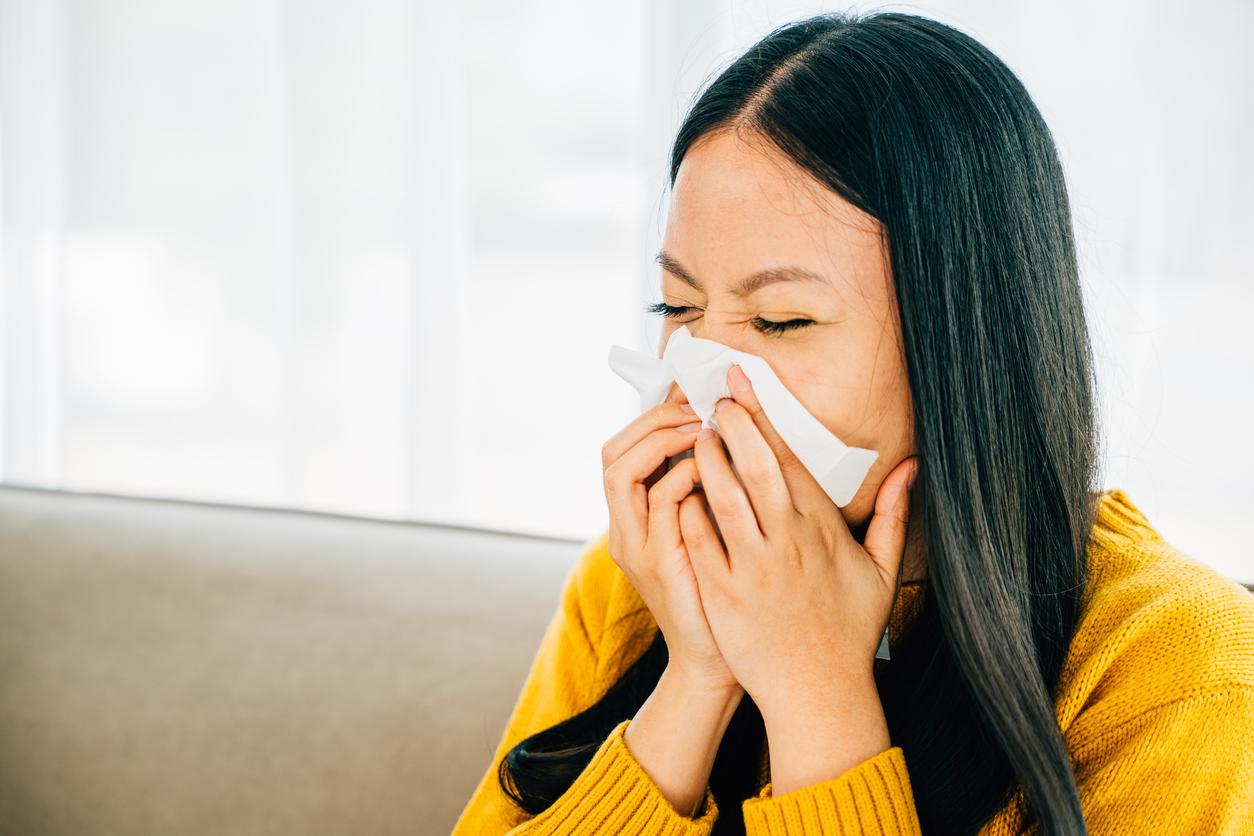People allergic to grass pollen face a high risk of allergy throughout France with the exception of the northern departments of the country, according to the National Aerobiological Surveillance Network (RNSA).

- Grasses are flowering herbs grouped in spikes. They generally disperse their pollen from May to August.
- According to the RNSA, the risk of allergy to grass pollen is high throughout the country, with the exception for the moment of the northern departments.
- In addition, parietaria and olive pollens represent a low to medium level allergy risk in the Mediterranean region.
Grasses took full advantage of the rainfall at the end of April-beginning of May to develop and their pollens are now very present in France. They also give allergy sufferers a hard time. In his update of May 16, 2024the RNSA warns that almost the whole of France is placed at high risk of allergy.
Grass: some northern departments spared for the moment
“The risk of allergy to grass pollen is high throughout almost the entire country except in a few departments in the north of the country where it is average”explains the organization which monitors the content of the air in biological particles and assesses the risks for people sensitive to pollen.
However, if the inhabitants of northern France have fewer difficulties with grasses currently, the risk could be revised upwards in the days to come, according to expert estimates. They add that “Rain showers this week may bring a little respite to allergy sufferers but they will also promote the growth and development of grasses.”
Around the Mediterranean, parietal (Urticaceae) and olive (Oleaceae) pollens present a low to medium level allergy risk. On the other hand, it is low for other flowering herbs such as plantain and sorrel.

Allergic rhinitis: how to reduce the symptoms?
People with allergies can reduce the frequency or intensity of their attacks by adopting several good actions. To limit exposure to pollen, it is recommended to:
- rinse your hair in the evening;
- ventilate the house for at least 10 minutes, preferably at the end of the day;
- if possible, do not sleep with the window open if the bed is close to the window;
- avoid drying laundry outside;
- limit outdoor activities that promote exposure to pollen such as mowing the lawn, gardening, running, cycling, etc.;
- wear sunglasses outdoors;
- travel with the car windows closed.
If symptoms and discomfort persist, it is recommended to seek advice from a doctor or pharmacist.















